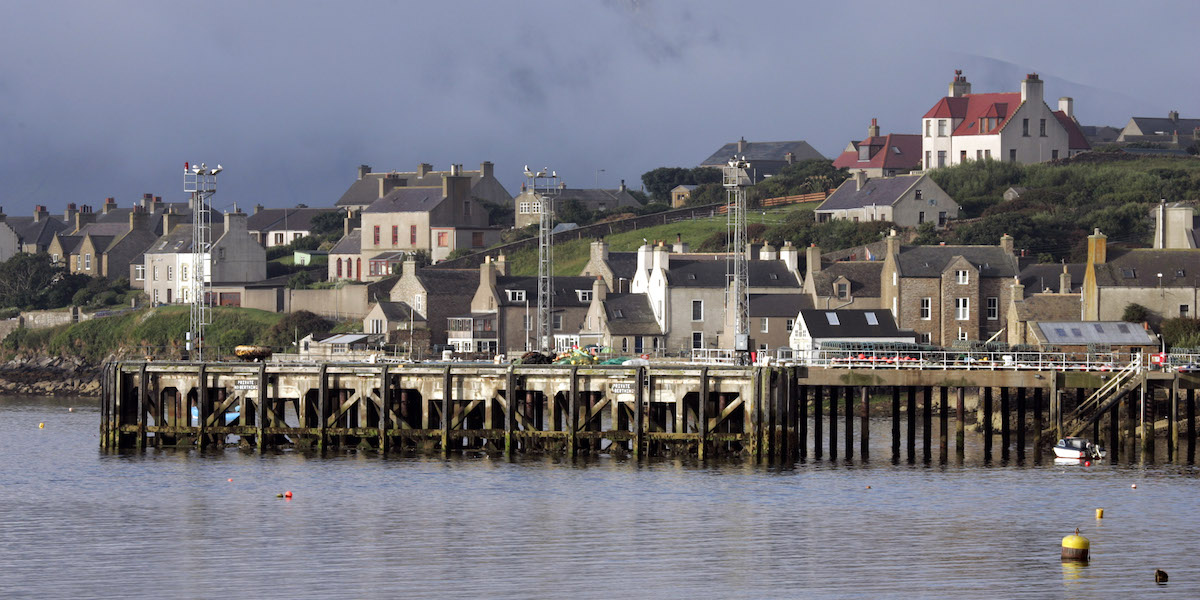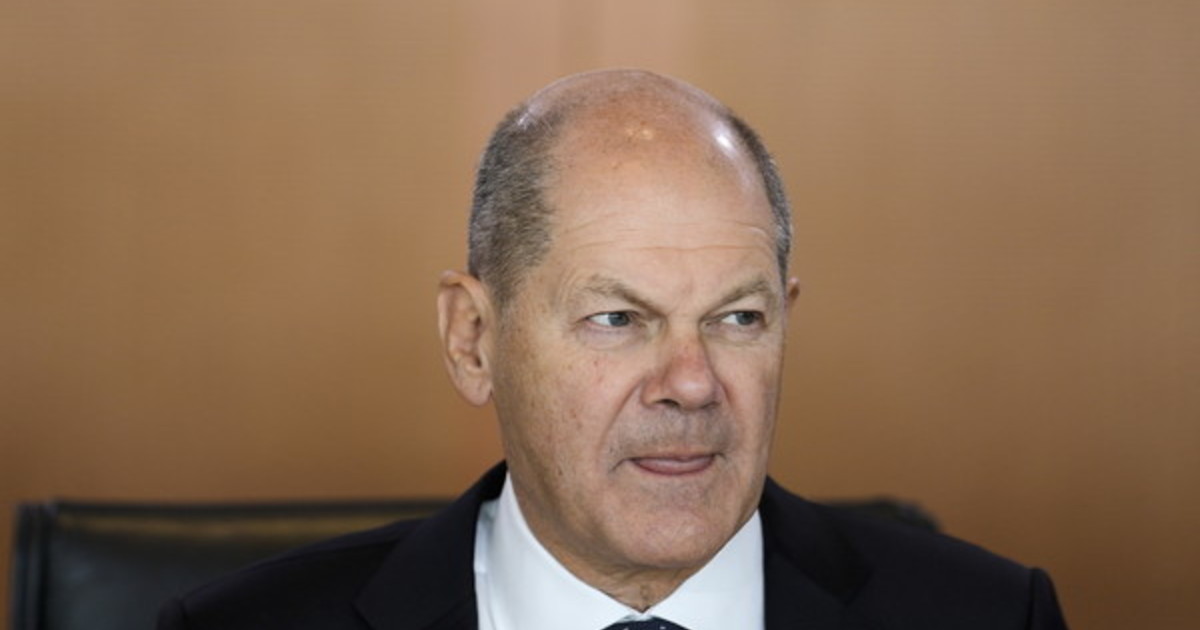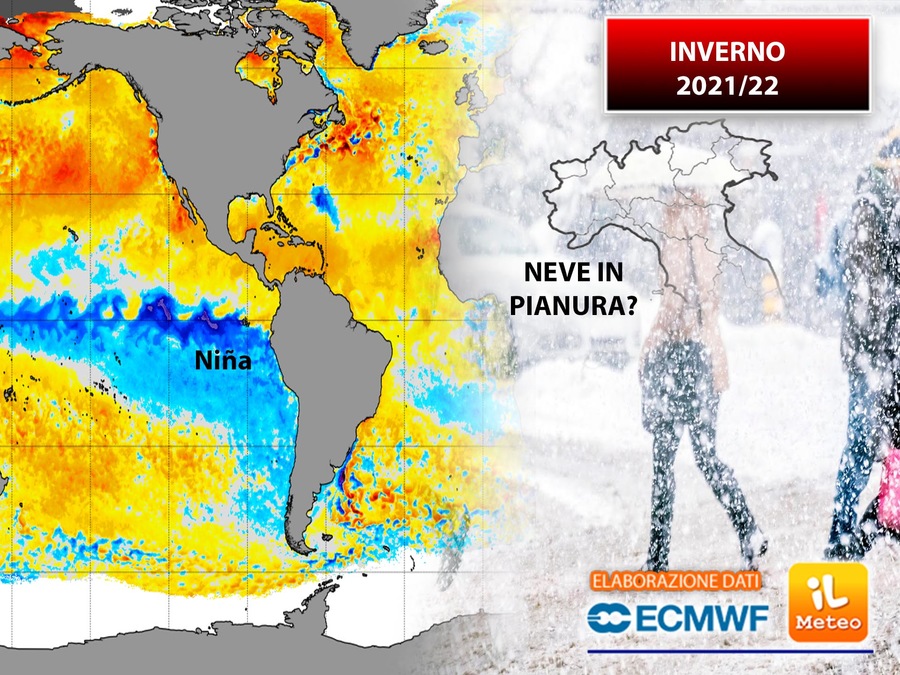download player
Next tuesday in the orkney islands, an archipelago in the far north of scotland famous for its landscapes, local government Arguing will begin A proposal to assess “alternative forms of government”: that is, in other words, to decide whether to demand greater autonomy from the United Kingdom or, as a last resort, to assess whether to join Norway, a few hundred kilometers away.
The movement has an exploratory value: it will not serve to define something concretely, or to demand some form of autonomy or independence from the British central government, but rather to study models of places governing with a greater degree of autonomy, while maintaining links with a particular state, in order to make it their own in the future.
There are several options the motion would consider: James Stockan, chair of the Orkney Islands Council, the local authority for the archipelago, spoke of the Faroes, an independent archipelago that is part of the Kingdom of Denmark and which has a prime minister, but also of the British Crownand self-government for places like the Channel Islands and the Isle of Man.
In this case we are talking about territories that are not part of the United Kingdom but are not sovereign states, of which the United Kingdom is «responsible»In some areas, such as defense and international relations, and more generally on the conduct of their government. In fact, the British Crown Dependencies have their own government, their own courts, and they’re not even part of the Commonwealth, a political organization of 56 sovereign and independent states, formally “free and equal,” most of which were territories of what was the British Empire.
Another hypothesis is that Orkney has more autonomy and officially becomes part of countries other than the United Kingdom, such as Norway, Iceland or Denmark.
The reasons for the Orkney Islands to contemplate greater self-government and perhaps even to leave the United Kingdom appear to be mainly economic. Stockan said the archipelago does not receive enough funding from either Scotland or the UK government to meet all of its needs, despite the benefits it brings to both by managing Crude oil processing plant which are located in its territory.
As for Scotland, Stockan said other regions of which it is a part, such as the Shetland Islands or the Outer Hebrides, receive much more funding per head of population so that we can run their services: “We can’t go on like this,” he said. Stokan cited an example by the need to replenish the ferry fleet and the fact that, unlike other areas, Orkney does not receive Road Equivalent Tariff (RET)a system to cover customs duties and transportation-related expenses enjoyed by some regions, including the Hebrides.
For some time now, there have been discussions about acquiring greater political and administrative autonomy in Orkney: an assessment of this kind has been undertaken, for example, in 2017, in this case taking into account complete independence. However, the idea did not receive sufficient support.
It is also for this reason that the local council is likely to speak about the soon-to-be-discussed proposal with great caution: Stockan said the council will now assess “whether or not to support this proposal, and from there we will take the necessary time”, without making hasty decisions “examining each practical implications”.
The Orkney Islands have very deep ties with countries like Denmark and Norway: before becoming part of Scotland in 1472, this archipelago was under Norwegian and Danish control for a very long time. Orkney was used as security for Margaret’s Danish dowry when she married James III of Scotland, King James III, in 1469 (Scotland became a dependent territory of the United Kingdom in 1707): after not paying the dowry promised by the king to Margaret’s family, in 1472 the Scottish Parliament decree Inclusion of the county of Orkney to the Kingdom of Scotland.
Speaking of the prospective proposal, Stockan said: “In the street, in Orkney, some people come to ask me when we will return the dowry, that is, when we will return to being part of Norway.”

“Reader. Travel maven. Student. Passionate tv junkie. Internet ninja. Twitter advocate. Web nerd. Bacon buff.”




